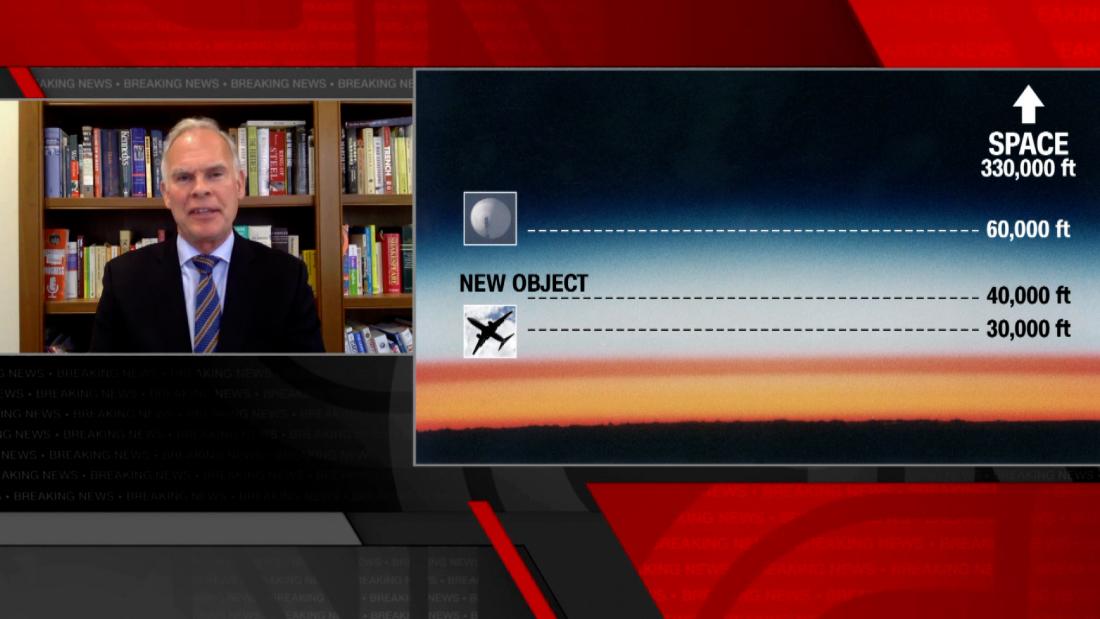Could Medicaid Support New Gun Violence Prevention Model?
Under an innovative strategy aimed at preventing retaliatory violence, community outreach workers connect with shooting victims while they're still in hospital. Medicaid funding could ensure such hospital-based programs operate in every state.

An innovative violence prevention strategy connecting community outreach workers with violent crime victims while they’re still in the hospital and mentoring them post-discharge in an effort to prevent retaliatory shootings and repeat victimization could potentially be funded by Medicaid, reports The Trace.
The intervention has relied on private funding, meaning its long-term viability is often in question, but Connecticut and Illinois have recently directed Medicaid funds to cover the costs for hospital-based intervention services and advocates are pushing other states to do the same following support from the Biden administration for the more secure funding model.
Hospital-based violence intervention programs — often called HVIPs — have shown they can successfully prevent violence and save money.
At least 19 states have some form of these programs. The new coverage will help other hospitals looking to set up violence prevention programs. At hospitals, violence intervention workers act as security personnel, vetting visitors who say they’re family members or friends of patients.
And they work with patients’ loved ones, too, offering a sense of calm and support and trying to discourage retaliation against those who they believe fired the gun.

 Landwebs
Landwebs 
























